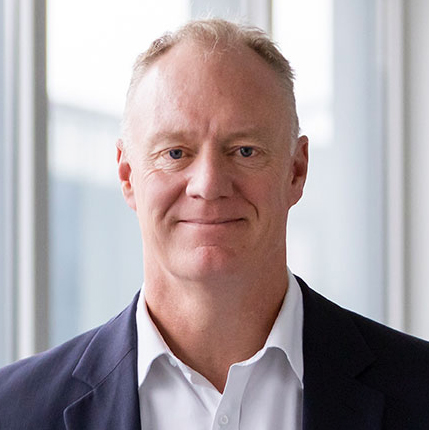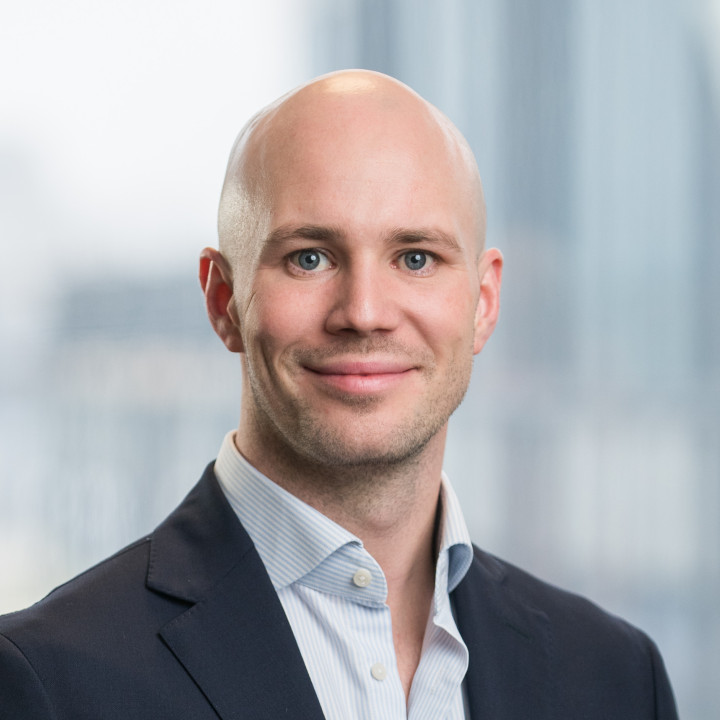What US fund managers want from a fund administrator
As I pass 18 months leading the US business at Langham Hall, I’ve had time to reflect on how the market is shifting and how those shifts show up in the day-to-day work of servicing funds.
I’ve spent most of my career working in fund administration, so I didn’t expect any real surprises. But stepping into this firm has challenged some long-held assumptions, especially around what clients really value.
Here’s what has stood out:
Contributors
Culture matters: GPs want real partnership, not just process
The first thing that stood out was the culture. Langham Hall is a partner-led professional services firm in the true sense: senior people stay close to delivery. Not for optics, but because it drives faster decisions and fewer surprises. That attention to detail runs deep – from the way problems are approached to how client service standards are maintained across teams.
There’s a forensic focus on data. A real effort to get under the hood, find the root cause and implement lasting fixes. It reminded me of something I hadn’t seen in years: a team rebuilding an engine from scratch to make it run better, not just replacing a part. That kind of rigour is rare and increasingly valuable. The traditional administrator model, built for scale, not nuance, often fails to serve today’s GPs, especially first-time funds, spinouts or managers navigating cross-border complexity.
In previous roles, I saw how culture can erode as businesses scale through M&A. Leadership stretches thin. Teams become siloed. Internal mandates start to outrank client outcomes.
Langham Hall has scaled differently – deliberately and organically. The result is that a culture rooted in doing things properly, with relentless efficiency, has held. In a market where clients are asking for more clarity, consistency and judgement, that matters.
The service model has to stretch further
Clients aren’t just outsourcing tasks. They’re leaning on us to help interpret regulation, adapt reporting for investors and build operating platforms that grow with them.
The shift is subtle, but important: we’re no longer just helping clients do things; we’re helping them think through what to do next.
Training matters and not enough firms invest in it
Another notable aspect is the strong focus on professional growth and development at every level.
I genuinely felt like I was back in school during my first year with the amount of leadership and technical training. It was refreshing to see and yet uncommon in our market.
In a lot of places, especially in senior roles, you’re left on an island. You’re expected to enact change and to already have all the answers. That’s not the case here.
The firm actively invests in its people at all levels, through continuous learning opportunities, mentorship programs and transparent feedback loops. This creates an environment where employees are motivated not just by financial incentives but by a clear path for personal and professional advancement.
It’s about good judgement, leadership and trust. Judgement and leadership take time to develop and result in trust. They are earned, not assumed.
A data platform is only as useful as the people running it
Data capabilities are evolving fast. Fund reporting is more complex, and LPs are demanding greater transparency. Technology and automation are essential, but on their own they’re not enough. It takes context, interpretation and judgement to unlock real value.
Our Wolfram Computable data strategy is built on a deep data lake of financial and non-financial data. That data is interrogated by code to produce tailored financial outputs and enable highly customisable reporting. But it’s the blend of financial training, market insight and technical skill that makes the difference.
Whether it’s tracking market trends or navigating the intricacies of investment strategies, our commitment to learning underpins how we support private funds and deliver reporting that actually works for clients.
A final thought
These reflections come at a time of real change in the private funds market. Fundraising is tougher. LP expectations are higher. Regulatory demands are growing. It all adds up to more pressure on managers and more demand for service partners who can think, adapt and genuinely collaborate.
That’s the model we’re building on.




